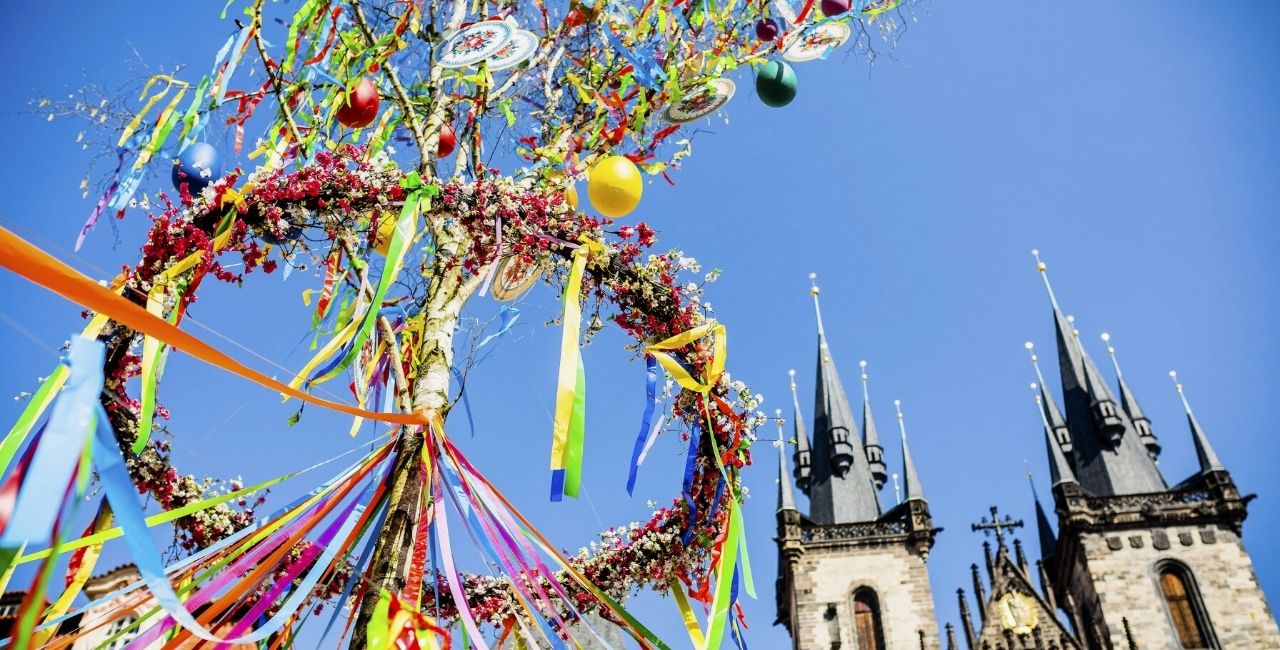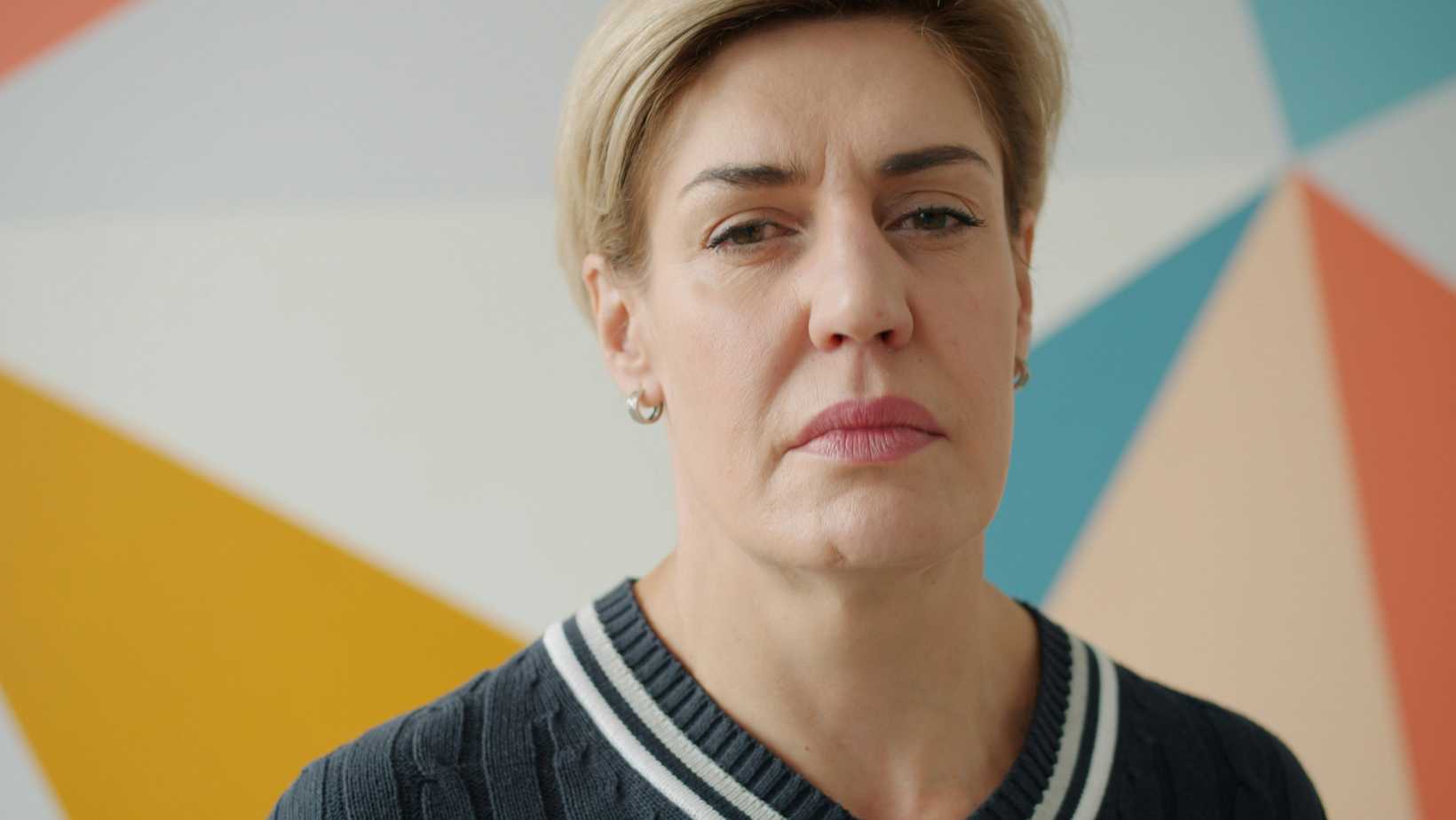In English, the name “Good Friday” is generally believed to be a corruption of “God’s Friday.”
From very early times, the Holy Day has been observed by Christians everywhere as the most solemn feast of the year, a day of sadness, mourning, fasting and prayer, when the Passion and Death of our Lord is remembered in countless churches by services of sorrow and gratitude.
Good Friday was always regarded by the Roman Catholic Church as the day of greatest grief in the Church. It’s the only day in the year when Mass is not held anywhere in the world. Also, organs are silent, all ornaments are cleared from the altar, and no lights are burned. The cross is shrouded in a black veil.
Great Friday (Velký pátek) is the popular name for the day in the Czech Republic. Velký pátek is a day of fasting for Roman Catholics who will not eat meat until Saturday evening after the church bells start ringing on their legendary return from Rome.
On Velký pátek, Czech and Moravian cooks prepare their holiday bread (coffee cake) which must not be cut or eaten until the priest says, “Christ is risen!” (Kristus vstal z mrtvých!) on Easter Sunday. It is a universal custom to mark a new loaf of bread with the sign of the cross before cutting it, in order to bless it and thank God for it.
On special occasions, the cross is imprinted on the loaf before baking it. Bread baked on Velký pátek – if hardened in the oven – can be kept all year, and its presence protects the house from fire.
Good Friday has always inspired folk poetry and has been the subject of many romantic superstitions. Women carry out their quilts to air out, in order to chase illnesses out of the house. Some believe that water-dipped before sunrise without a spoken word has healing power and will stay pure all year.
People get up very early on this day and hurry down to the brook or river, where they wash with cold water and then cross the brook or stream with bare legs because they believed that this ensured good health for the whole next year.
According to an old Czech saying, for example, farming should not be done on Good Friday. Na Velký pátek zemi nehýbej. (“On Good Friday, do not move the soil.”) The weather for the whole year is foretold from the weather on Velký pátek.
For instance, if it rains on Velký pátek, then the rest of the year will be dry. Velký pátek deštivý dělává rok žíznivý. (“A rainy Good Friday makes for a thirsty year.”) On Velký pátek, according to legend, anyone can look upon the sun without being blinded by its glare.
-
NEWSLETTER
Subscribe for our daily news










